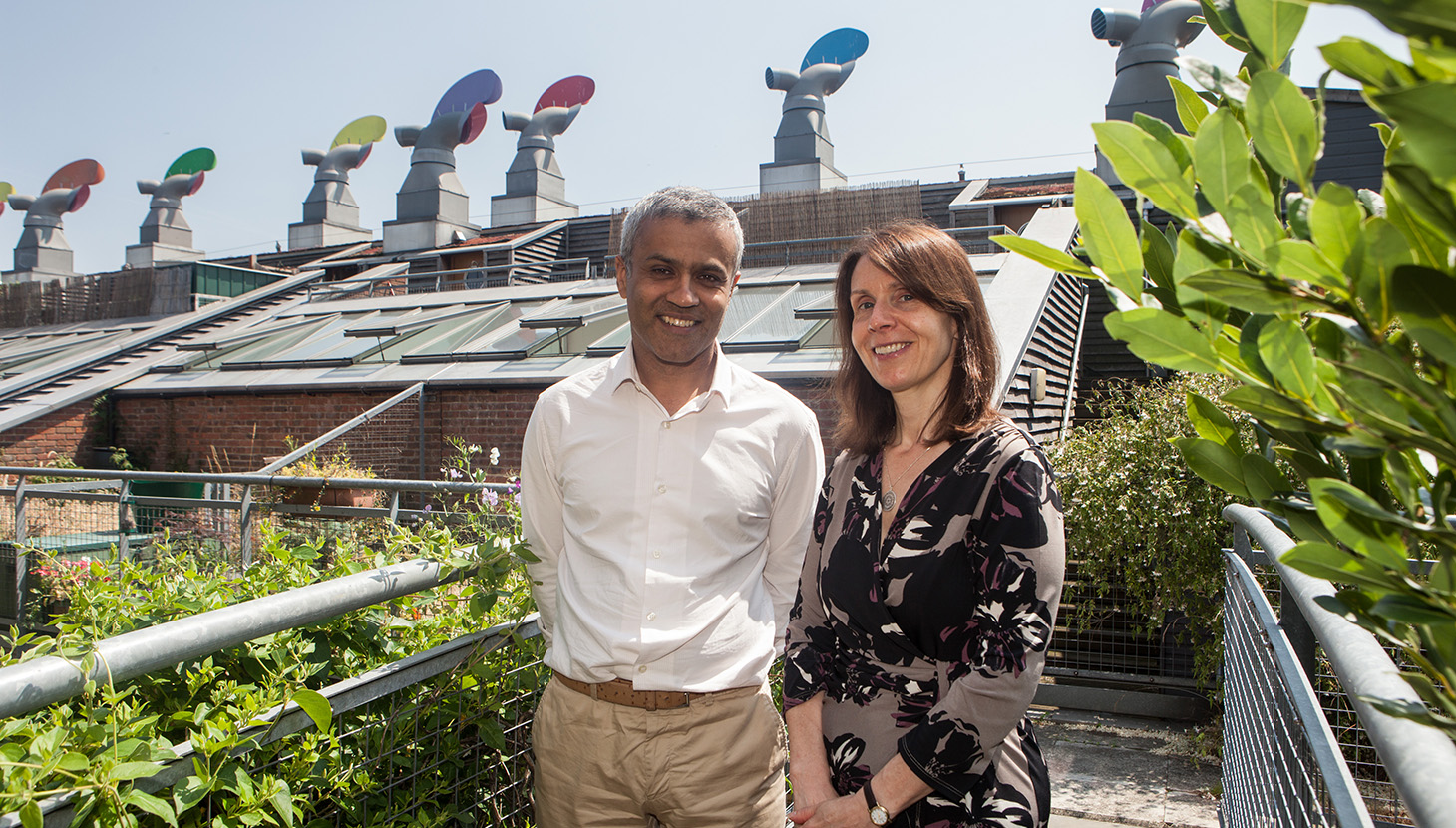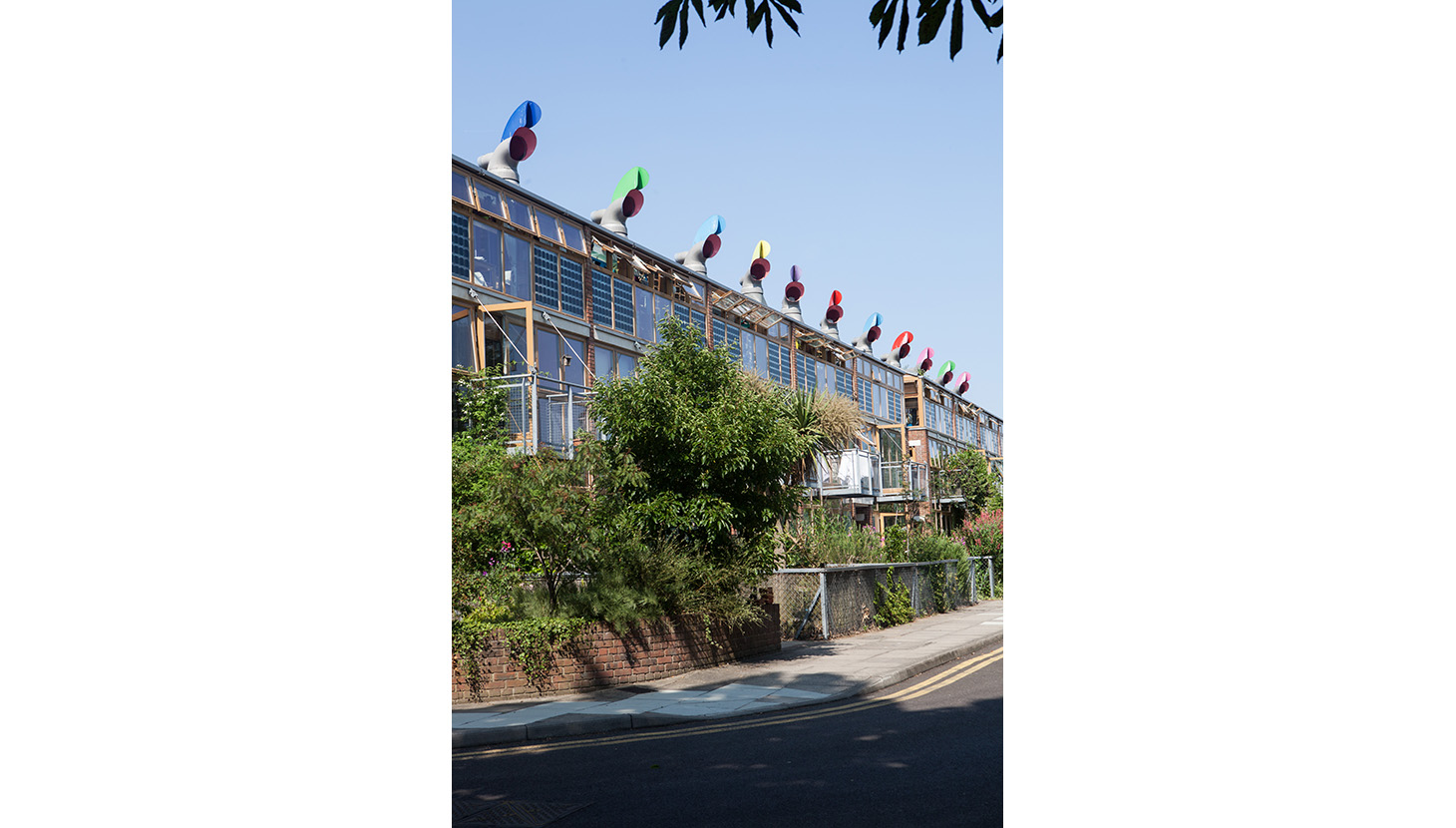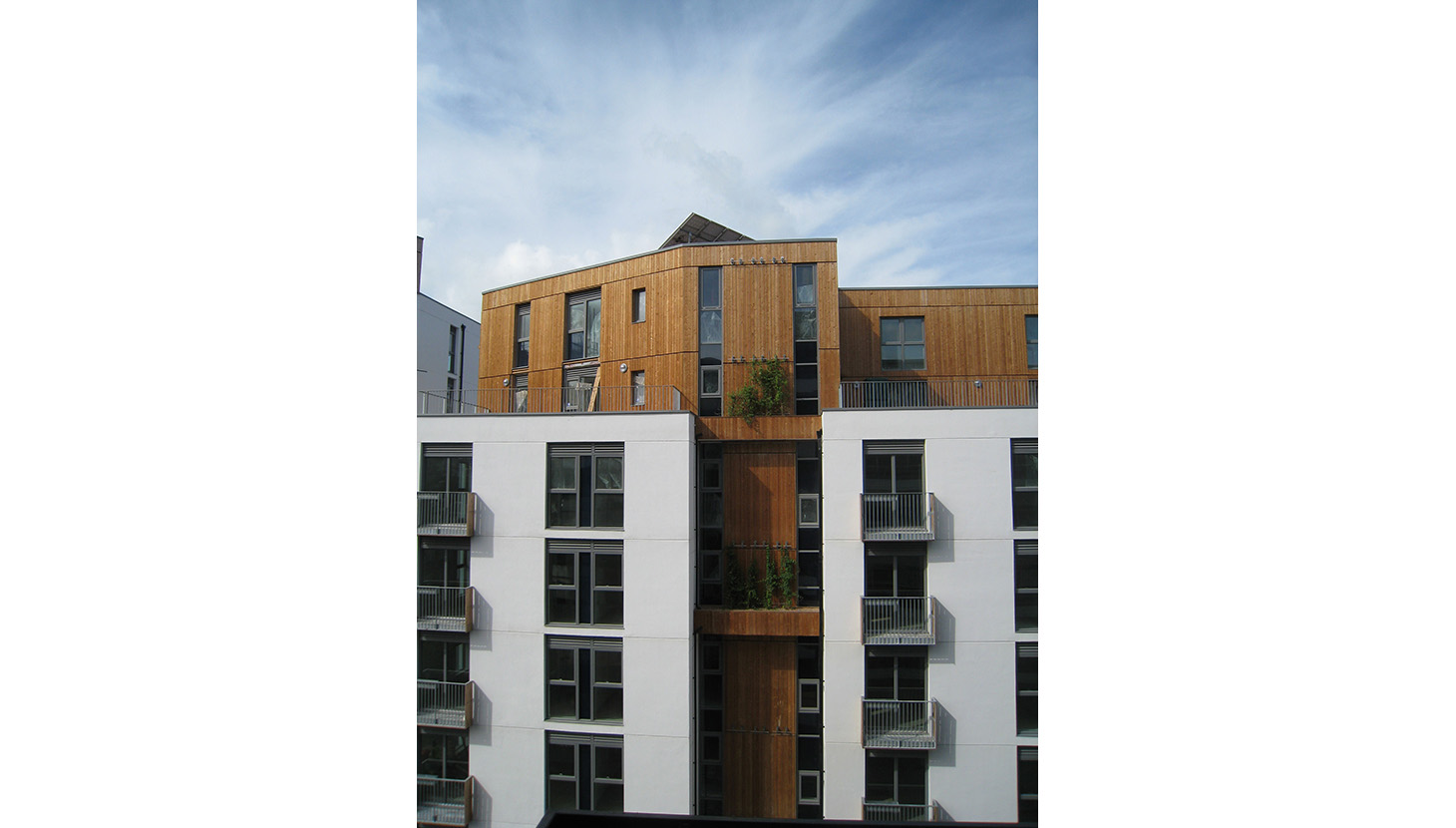Can a business be successful and be uncompromising on its sustainability values? Sue Riddlestone who co-founded Bioregional with her husband Pooran Desai 20 years ago, sketches out the journey as a sustainable business and shares some of the things they have learned along the way.
As I look back, I never would have thought that we would have been able to achieve what we have and I certainly could not have envisaged where we would be right now. But in all that we have achieved, the opportunities and the successes have come about because of, and not in spite of, our deep green and holistic sustainability approach.
What drives us is a mission to do something to tackle the destructive impact that we human beings are having on nature and our environment and that some of us are polluting and over-consuming resources in an unsustainable way, while so many people around the world don’t have enough.
In 1994 when we started out we were inspired by the thought that there had to be many ways in which we could design our lives and the products we use to reduce our human impact and live well within ecological limits. This is still very much our mission, which we now call ‘One Planet Living’.
With a lot of practical experience under our belt, today I can see more clearly than ever that we could live better lives within ecological limits. It really is possible. Although we all know that there are a myriad complex reasons why it can be difficult to achieve this in practice.
Back in 1994 we thought that the best way to tackle the situation would be to take a practical approach and establish green businesses offering truly sustainable products and services that would operate within the mainstream of our economy. We reasoned that if things weren’t cost comparable and easy to access, then sustainability would never be mainstreamed. There was quite a lot of research needed to get these things off the ground, so we established ourselves as a registered charity. These days we are seen as a social enterprise as we earn almost all of our income delivering services on the projects we work on and because we also establish associated enterprises – non-profit and for profit – as and when we need to.
We began with products and services, taking a spatial or bioregional approach. We wanted to see if we could produce some of the products we use more locally, using locally available sustainable and waste resources. We envisaged strong, regional economies valuing and working with nature, and where urban areas link to the rural communities in a symbiotic way. We felt that the bioregionalism movement summed this up quite well – hence our name.
We started out by working with others to create local charcoal and local paper closed loop production systems to make more use of our neglected coppice woodlands and high-grade waste office paper and reduce pressure on the world’s forests. The resulting products were a cost competitive success in their day and led to the two-thirds reductions in resource use and 80-90% carbon emissions reductions we would need to achieve One Planet Living. In both cases we opened up an area for new entrants to come in and we changed the market, but this also made it more challenging for us to operate.
We sold the paper collection company in 2010 to a like-minded waste paper collector and returned commercial-level dividends to our investors in the charcoal company before licensing the brand to a competitor. There is still more to do, and our current work includes BioRegional MiniMills, an associated company which aims to develop clean technology to enable us to make paper pulp more regionally from local crops and the Good Woods initiative, where we are working to get more private woodlands into management, develop supply chains and products.
In everything we do we have worked with partners; The BedZED eco-village is one example of that. In 1997 we had been renting offices in a council-run Ecology Centre and ran out of space. We thought: “Let’s build an eco-office.” We asked the local authority if they knew of any suitable sites and we asked green architect Bill Dunster to help us. The 1.8-hectare site was larger than we needed for just an office and so we thought: “Great, let’s build a whole eco village and we can live there too” (which we do to this day).
We worked up some designs and costs for the project and took it around pitching it to developers. Academician Dickon Robinson, then development director at Peabody said yes. Bioregional worked on the design team and became known as the green police, pointing out those ecological limits and bringing a holistic sustainable lifestyles approach. Amongst other things we also sourced sustainable construction materials from the bioregion.
We gave that project a lot of love and attention, which I think is what all of us need to do all of the time to get good results. We had no idea it would end up being such an international icon. Twelve years after we moved in to the building in 2002, people are still interested and we continue to run guided tours, mainly for students and overseas visitors. Today we had an e-mail request from the South Korean Ambassador to visit.
A lot of the lessons from BedZED and other sustainable community developments have been taken on by the industry and policy-makers. I think car clubs were the most popular take-away from BedZED. And there is no doubt that this was the genesis of the UK zero carbon homes policy. In 2003 we created the sustainable living framework of One Planet Living with its ten principles, drawing on the strategies we had for BedZED. That framework has had great influence, especially after WWF backed it. It was amazing to use the approach for the London Olympics. I still have to pinch myself about that and the difference it made.
Developers from around the world were saying we would like to build one planet communities too and some of them have been built. I had a fascinating time working in China, for example, on the Jinshan development with property developer China Merchants. I was there again last year and although Making One Planet Living our business 21 local regulations and culture hampered the delivery of the energy, waste and transport strategies, I found it to be a lovely place where residents seem very happy. It feels like BedZED in China. I have found if you enable sustainable living, people report an improved quality of life and good health. We want to get more evidence of this in the coming years.
We are now working with a network of partners in the UK and around the world who have committed to enabling One Planet Living.
Despite all of this success, we were frustrated that in the UK nobody wanted to do the second BedZED and really take that holistic approach at the time. We were also frustrated by how mangled the UK policies were, making it perverse and difficult to build an ecodevelopment, even for those aiming for the highest standards like us.
All of this led us to set up Bioregional Properties Ltd so that we could do it the way that we wanted to. It was a big decision as Pooran had to step down as co director of the charity in 2005 and take on a commercial role as a director in the new company. This became BioRegional Quintain, as Quintain Estates and Development decided to back us. The first project was One Brighton, a joint venture with Crest Nicholson where the team delivered an award-winning housing development in Brighton to One Planet Living standards, within the normal range of build costs. Sales rates were good compared to similar Crest developments at the time and sold through the recession. An independent study showed that four years on, re-sale and rental values outperform local benchmarks.
It is a big effort to create a new company and build up the pipeline of development. As the financial crisis evolved and Quintain refinanced, we were massively disappointed when they decided to pull out of BioRegional Quintain in 2011. The recession and austerity era has also impacted our work with local authorities like Sutton and Brighton & Hove who have committed to One Planet Living, mainly because of staff changes. But we have managed to navigate our way through the recession so far, largely thanks to our continued work with partners like B&Q and other retailers on sustainable products and business operations. We have a slightly smaller but still brilliant expert staff team intact and there remains plenty of work to do.
As we celebrate our 20 years we have reflected on what next. There will be a bigger focus on enabling others to use the One Planet Living framework, combined with a continued focus on working with leaders in their fields on projects and initiatives which showcase that sustainable living is better living and makes commercial sense too.
Have we been successful? If you count it in money terms a small business like ours wouldn’t make much of a blip on the national statistics. Given that the trends for sustainability continue in the wrong direction, I wish we could have achieved more. But I’m pleased that we have made a positive impact in the world, we have earned our keep and we’ve had a very interesting time. So I think, yes a business can be successful without compromising on sustainability.
Sue Riddlestone AoU is co-founder of entrepreneurial charity BioRegional.


